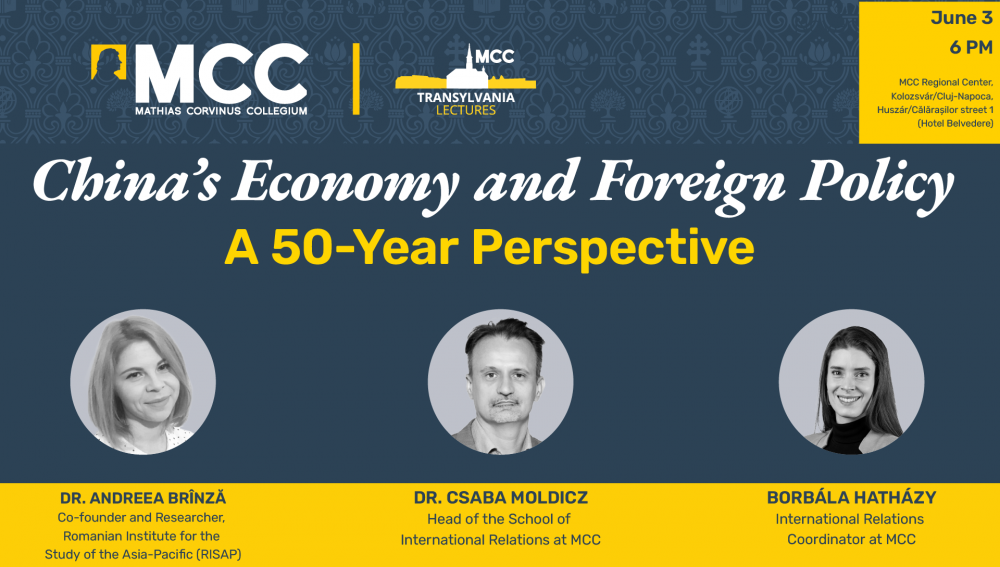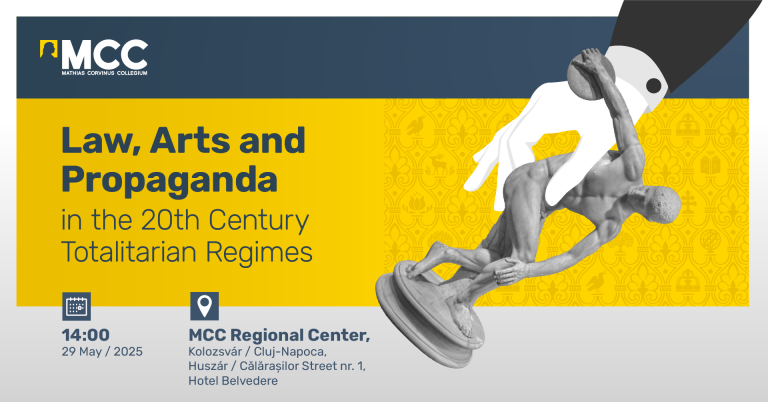In the last half a century, the People’s Republic of China has undergone profound changes. A remarkable path of economic development, coupled with a conscious effort to establish important diplomatic partnerships have elevated the Asian giant to the line of the most influential players in the international arena.
Since Deng Xiaoping’s 1978 reforms, China embraced a tightly managed, export-driven model, surprising many in the West with its sustained double-digit growth. Alongside economic progress, the Chinese leadership cautiously rebuilt international relations, championing slogans like “peaceful rise” and “peaceful development.”
Under Xi Jinping, the tone has shifted. His administration has adopted a more assertive approach to both foreign and economic policy. What challenges does Xi Jinping face, and how is his leadership shaping China’s future on the global stage? What is the expected trajectory of China, both on the economic and international political front? These, and many more intriguing questions await our public at this discussion of the Transylvania Lectures series.
Participants:
- Dr. Csaba Moldicz is head of the School of International Relations at MCC. His main research area is the European Union, with a special emphasis on the economic relations between the Central and Eastern European regions and China. His first book, published in Hungarian, reflects on the 2008-2009 crisis, while his second book, China, the USA and Technological Supremacy in Europe, published by Routledge in 2020, focuses on the European dimension of the technological rivalry between the United States and China.
- Dr. Andreea Brînză is co-founder and researcher at the Romanian Institute for the Study of the Asia-Pacific (RISAP), the premier Romanian think-tank focused on the Asia-Pacific region. She has published in the pages of Foreign Policy, Nikkei Asia, the Diplomat and South China Morning Post, among others. Her main research interests are the international relations, geopolitics and geo-economics of China. She has been studying China and the Asia-Pacific region since 2011. One of her favourite research topics is the Belt and Road Initiative, which was also the subject of her PhD thesis.
- Moderator: Borbála Hatházy, international relations coordinator at MCC. Borbála holds an undergraduate degree in Chinese and English linguistics from Babeș-Bolyai University in Cluj-Napoca, and a master’s degree in international relations and diplomacy with a concentration on China from the London School of Oriental and African Studies.
We kindly ask you to inform us of your intention to attend by filling in the form below:
REGISTRATION
For more information follow our events on Facebook.

